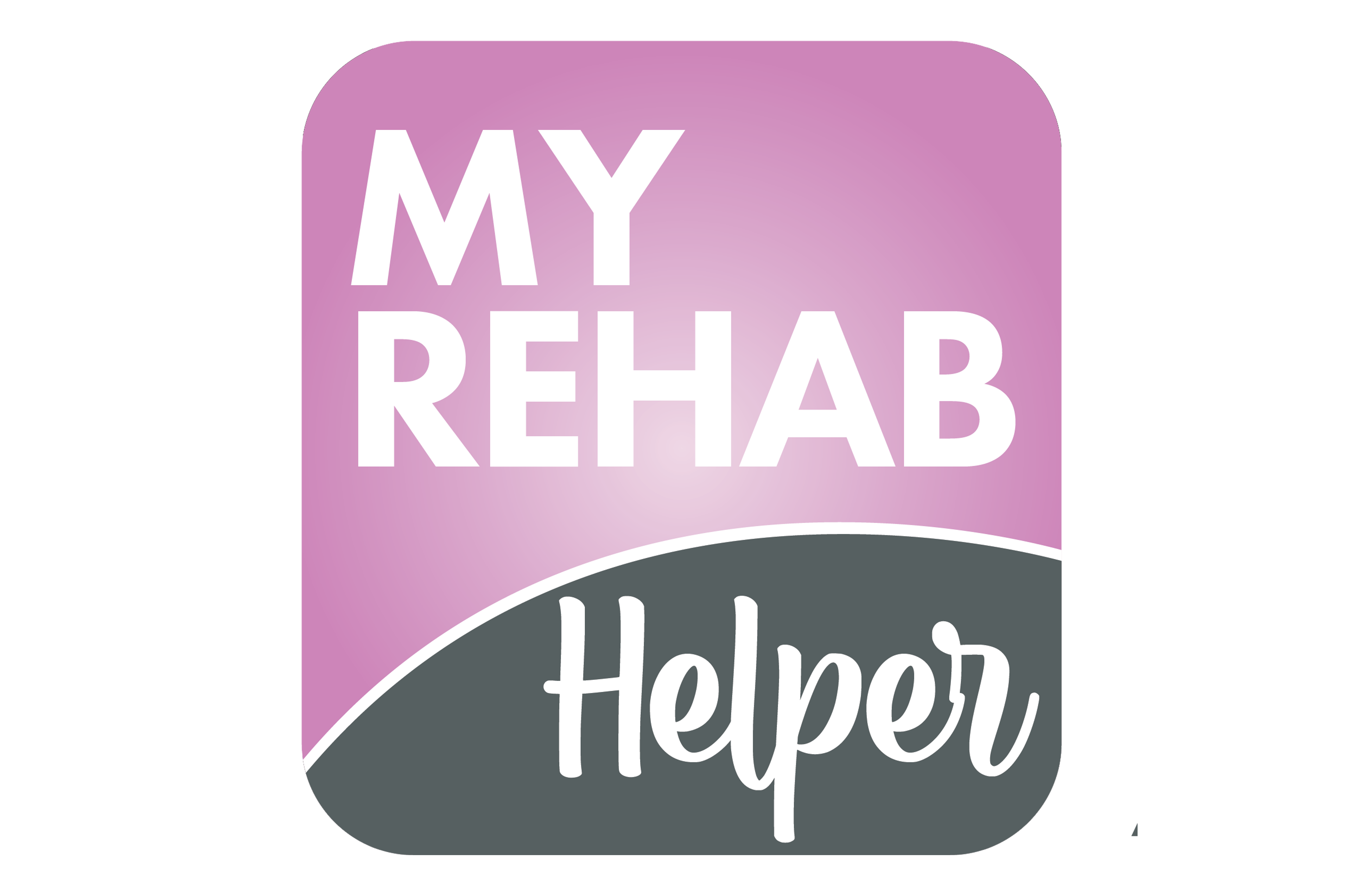Understanding Cluster C Personality Disorders:
May is Mental Health Awareness Month!
The Complex Realm of Cluster C
In the intricate landscape of mental health, Cluster C personality disorders stand out for their pervasive patterns of anxiety and fear. Here, we delve deep into these conditions, offering sophisticated insight into the therapeutic strategies and modalities that facilitate management and healing.
Delving into Cluster C Personality Disorders
Cluster C personality disorders embody a world where anxiety does not just visit—it resides. Comprising Avoidant, Dependent, and Obsessive-Compulsive Personality Disorders, these conditions can shape life’s very fabric, influencing behavior, thinking, and relationships. Our aim is to demystify these conditions, providing a clear roadmap to understanding and recovery.
Advanced Therapeutic Strategies for Cluster C
The treatment of Cluster C disorders is multifaceted, employing a range of strategies that cater to the complexity of these conditions:
Psychotherapy Tailoring:
Cognitive-Behavioral Therapy (CBT) is adapted to confront the deep-seated fears of rejection in Avoidant Personality Disorder, while Dialectical Behavior Therapy (DBT) can be instrumental in teaching skills to manage stress, emotions, and improve relationships for those with Dependent Personality Disorder.
Behavioral Skill Building: For those grappling with OCPD, techniques focused on flexibility and imperfection can relieve the pressure of unattainable standards, with therapies emphasizing behavior modification to foster adaptability and relinquish control.
Pharmacotherapy Integration: While there are no medications specifically approved to treat personality disorders, ancillary symptoms such as anxiety or depression can be managed pharmacologically to provide a more stable foundation for psychological therapies.


Navigating Through Empathy and Expertise
Understanding these disorders requires an approach that combines clinical expertise with a deep sense of empathy. Methods go beyond mere treatment; they are about fostering a therapeutic alliance and a safe space for individuals to explore their vulnerabilities and build resilience.
Practical Modalities in Treatment
A multidisciplinary toolkit to address the unique needs presented by Cluster C personality disorders:
Mindfulness Practices:
Grounding techniques and mindfulness to ease anxiety.
Exposure Techniques:
Gradually facing feared situations to reduce avoidance behavior.
Interpersonal Effectiveness Training:
Enhancing communication and assertiveness in relationships.
Lifestyle Modifications:
Encouraging healthy routines to support overall well-being.

Toward Recovery: A Step-by-Step Journey
The path to managing Cluster C personality disorders is ongoing and incremental. It’s about taking steps—some small, some significant—towards a life where anxiety and fear are managed, not monumental.
Crafting a Life Beyond Fear
Our commitment extends beyond the clinical setting, aiming to instill hope and practical strategies for living with Cluster C personality disorders. By providing the tools and understanding necessary, we open the door to a life defined not by fear, but by the courage of recovery.
C: The Anxious, Fearful Cluster
Cluster C personality disorders involve anxious and fearful thinking and behavior. They include:
Avoidant Personality Disorder:
Social inhibition, feelings of inadequacy, and hypersensitivity to negative evaluation.
Dependent Personality Disorder:
Excessive need to be taken care of, leading to submissive and clinging behavior and fears of separation.
Obsessive-Compulsive Personality Disorder:
Preoccupation with orderliness, perfectionism, and control.
Addiction can develop as individuals with Cluster C disorders seek relief from chronic anxiety and fear.


The Interplay Between Cluster C Personality Disorders and Addiction
Cluster C personality disorders encompass a group of conditions marked by chronic anxiety, fear, and behavioral inhibition. This cluster includes Avoidant, Dependent, and Obsessive-Compulsive Personality Disorders, each presenting unique challenges when intertwined with addiction.
The Overlap of Cluster C Disorders and Addiction
The coexistence of Cluster C personality disorders and addiction often leads to a vicious cycle. The constant anxiety and fear can push individuals toward substance use as a coping mechanism, while addiction exacerbates the symptoms of the personality disorder, creating a reinforcing pattern that is difficult to break.
Integrated Treatment Strategies
Recognizing the dual nature of these challenges is critical in crafting effective treatment strategies:
Simultaneous Treatment:
Addressing both the personality disorder and addiction concurrently to prevent the treatment of one from negatively impacting the other.
Behavioral Therapies:
Modifying behavior through evidence-based therapies such as CBT and DBT to enhance coping mechanisms.
Group and Family Therapy:
Utilizing the support of peers and family to build a network of understanding and accountability.
Pharmacological Support:
Responsibly using medication to manage symptoms of both the personality disorder and addiction when necessary.
Integrated Treatment Strategies
Recognizing the dual nature of these challenges is critical in crafting effective treatment strategies:
Simultaneous Treatment:
Addressing both the personality disorder and addiction concurrently to prevent the treatment of one from negatively impacting the other.
Behavioral Therapies:
Modifying behavior through evidence-based therapies such as CBT and DBT to enhance coping mechanisms.
Group and Family Therapy:
Utilizing the support of peers and family to build a network of understanding and accountability.
Pharmacological Support:
Responsibly using medication to manage symptoms of both the personality disorder and addiction when necessary.
Decoding the Relationship
Avoidant Personality Disorder and Addiction:
Individuals may turn to substances to alleviate feelings of social inadequacy or to face social situations, paradoxically leading to increased isolation and reinforcing the disorder’s symptoms.
Dependent Personality Disorder and Addiction:
The dependency on others may extend to substance use as a source of comfort or an unhealthy means of forging connections, further impairing independence and self-efficacy.
Obsessive-Compulsive Personality Disorder and Addiction:
The struggle for control and perfectionism may lead to substance misuse as a temporary escape from the intense pressure and anxiety, while the addictive behavior can become yet another aspect of life to ‘control,’ thus feeding into the compulsive nature of the disorder.
Contact Us!
For Ethical Screening & Referral Sources Contact:

Learn more about our partnership with MyRehab Helper
Click Here
